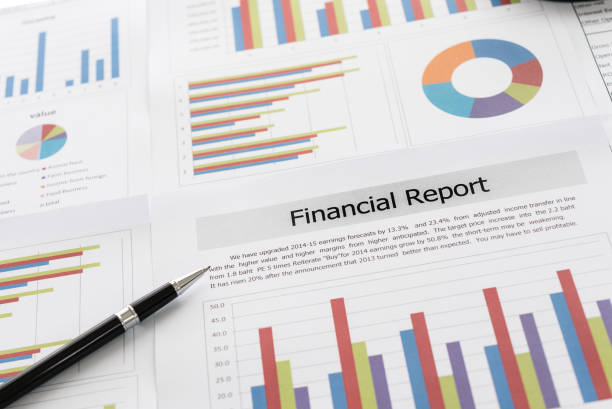For you to become financially responsible, it’s essential to adopt a comprehensive approach that explores budgeting, saving, and managing debt.
Here are some key strategies to help you achieve financial responsibility:
- Live Within Your Means
The cornerstone of financial responsibility is living within your means. This means spending less than you earn and avoiding lifestyle inflation as your income increases. By keeping your expenses below your income level, you can allocate funds toward savings and debt repayment. - Create and Stick to a Budget
Establishing a budget is crucial for tracking your income and expenses. A well-structured budget allows you to see where your money goes, helping you identify areas where you can cut back. Start by listing all sources of income and categorizing your expenses into essentials (like rent and groceries) and non-essentials (like entertainment). - Pay Yourself First
Before spending on discretionary items, prioritize saving. Set aside a portion of your income for savings immediately upon receiving your paycheck. This practice helps build an emergency fund and contributes to long-term financial goals. - Manage Your Debt Wisely
Use credit responsibly by paying off your balance in full each month to avoid interest charges. If you must carry a balance, prioritize paying off high-interest debts first. Avoid borrowing to finance a lifestyle you cannot afford, as this can lead to a cycle of debt that is hard to escape. - Build an Emergency Fund
Aim to save enough to cover three to six months of living expenses. This safety net can protect you against unexpected financial setbacks, such as job loss or medical emergencies. - Educate Yourself Financially
Take the time to learn about personal finance, investing, and credit management. Understanding these concepts will empower you to make informed decisions and improve your financial literacy, which is crucial for long-term success. - Set Short-Term and Long-Term Financial Goals
Establish both short-term and long-term financial goals. Short-term goals might include paying off a specific debt or saving for a vacation, while long-term goals could involve retirement savings or purchasing a home. Setting measurable goals increases your chances of achieving them. - Monitor Your Credit Regularly
Regularly check your credit report for accuracy and to understand how your financial habits affect your credit score. A good credit score is essential for obtaining favorable loan terms and insurance rates.
By implementing these strategies, you can cultivate financial responsibility and work toward securing a more stable financial future.



